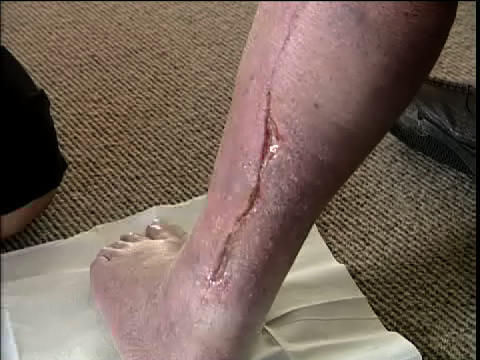Darkmortal
Member
Lost Conversations with Ray Peat #1: The Purpose of Hair, Luciferianism, and Obama as a CIA Creation
Danny Roddy: Okay, that makes sense. I read a few times, Kealey. I might be saying his name wrong. Adachi and a few of the other hair loss guys talk about how the hair follicle is extremely glucose-dependent and that it needs a source of glucose. Then a few other people say it's relatively independent of the circulation of glucose in the blood. They were thinking that the glycogen was part of that independence, but if the circulation is reduced from the low thyroid function and the oxygen supply is reduced, the hair follicle obviously suffers. That's where the oxidative stress and lipid peroxidation come in, really harming ... Go ahead.
Ray Peat: Yeah. All of the stresses tend to interfere with glucose oxidation. When you're stressed, you liberate free fatty acids as an energy source, but those poison the ability to oxidize oxygen, so it creates a local diabetes. Have you heard anything about whether diabetics have more baldness or less baldness?
Danny Roddy: I read that the insulin resistance, so-called, is related to baldness. Then somebody on one of my YouTube videos said that he had worked extensively with type 1 diabetics who were all using insulin, and he was like, "I've never noticed any of them being bald before." I don't know if that was accurate or not.
Ray Peat: I've been thinking that with a concentrated glucose solution, you could probably activate hair growth just by keeping your scalp moistened with glucose.
Danny Roddy: That's funny because people have emailed me that, asking if that was a viable therapy. I was like, "I have no idea. I don't know how that would work." It made me think of when you would say things like people use honey for scars and things like that. Go ahead.
Ray Peat: People are actually suggesting applying insulin topically to the skin, but that's a relatively much bigger molecule than glucose. I think there's a chance that either of those can get in, in a quantity that could help.
Danny Roddy: The insulin is helping by what? Stupid question but just supplying the hair follicle with glucose?
Ray Peat: With energy, yeah.
Thoughts on this ?

